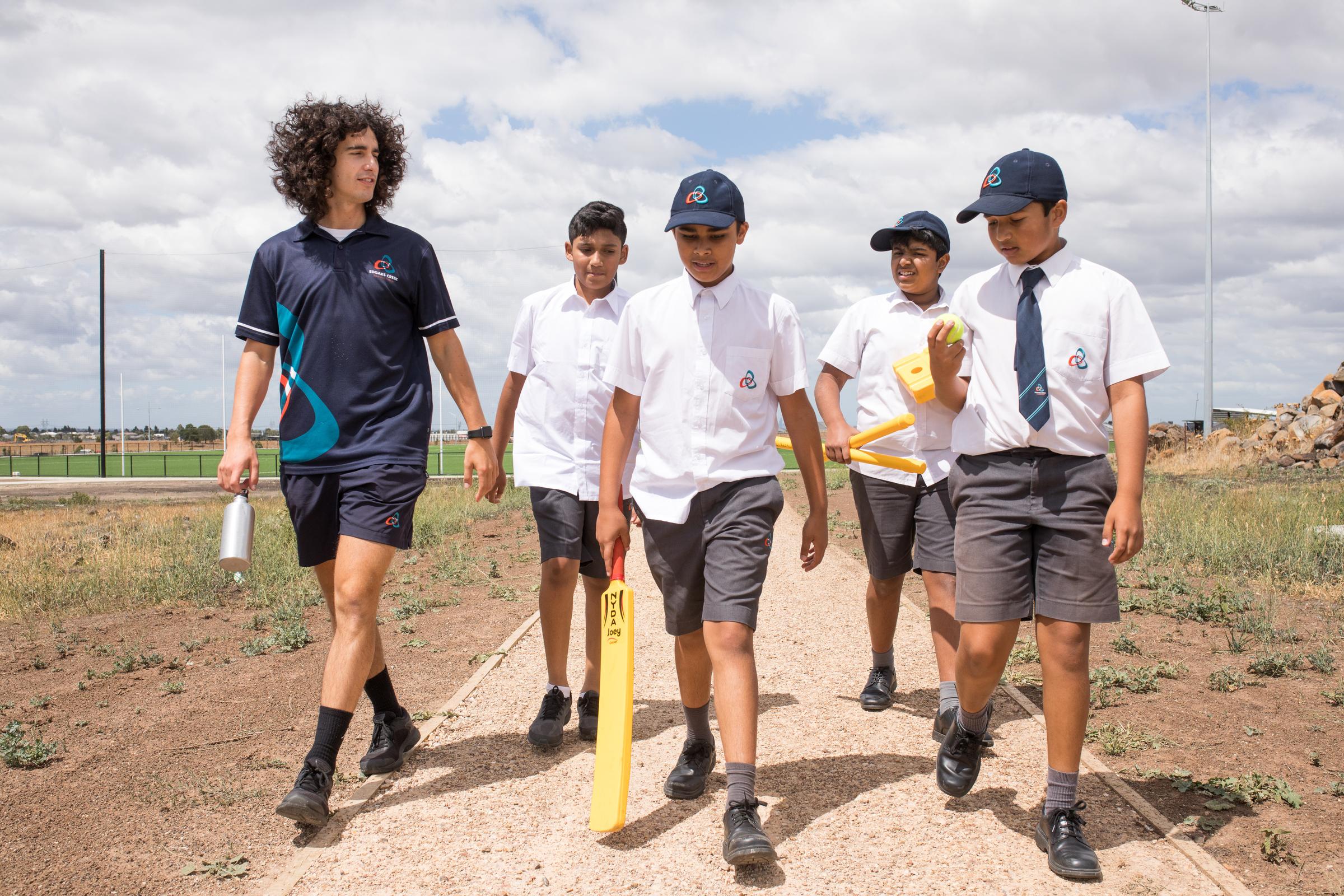Socialisation
Teenage friends and friendships

Socialisation
Teenage friends and friendships
Positive friendships are an important part of the journey to adulthood. They help teenagers learn important social and emotional skills, like being sensitive to other people’s thoughts, feelings and wellbeing.
What teenage friendships look like
During the early teenage years, friendships become more intense, close and supportive. The amount that teenagers communicate with their friends' increases.
Teenage friendships tend to be based on personal similarity, acceptance and sharing. Same-sex friendships are the norm during the early high school years. As they get older, though, many teenagers also make friends with the opposite sex.
Girls tend to build closeness through conversation, and boys often prefer to share activities. But many boys enjoy in-depth conversation, and many girls enjoy just hanging out and doing stuff together.
The internet lets teenagers make and maintain friendships through social media. It’s a natural extension of their offline and face-to-face interactions.
Why teenage friendships are important
For teenagers, good friends can be like a personal support group. Friends and friendships give teenagers:
Helping your child build friendship skills
Teenagers might be focused on their friends, but they still need your help and support to build and maintain positive and supportive friendships.
Good parent-child relationships tend to lead to children having positive relationships with peers. So being warm and supportive, staying connected and actively listening to your child can help him develop friendship skills. You’ll also be better able to support your child if friendship problems come up.
Being a good role model is important too. Parents who are keen to spend time with their own friends are more likely to have children with lots of healthy friendships. It’s also important for your child to see you looking out for your friends, and showing that friendship is a two-way thing.
Praising teenagers when you see them being fair, trusting and supportive encourages them to keep working on those positive social traits.
Helping teenagers who find it hard to make friends
All children are different. Not all will be outgoing and socialise with a big group of friends. If your child is like this but seems generally happy and content, there’s no need to do anything.
But if your child has trouble making friends and is worried about that, there are a few things you can do together: